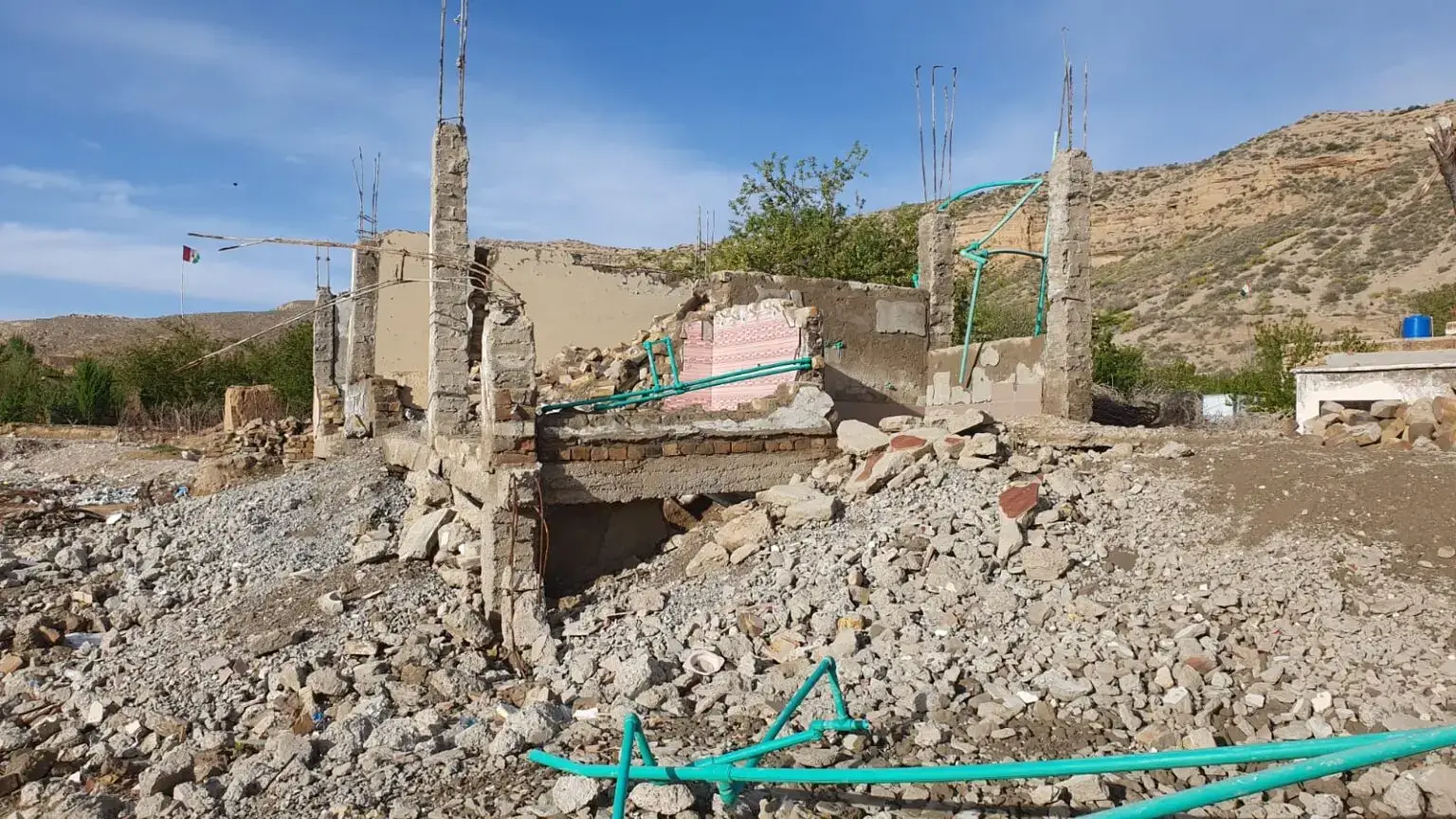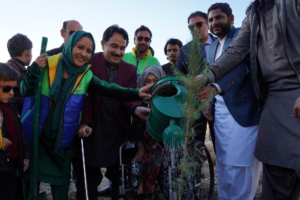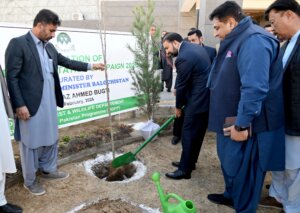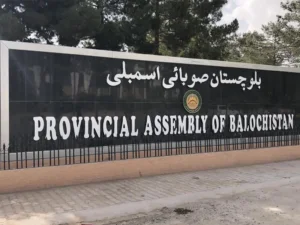Editorial:
Rising Threat of Indus River Floods
Balochistan once again stands at the brink of a flood disaster, with rising Indus River water levels threatening Jaffarabad, Usta Muhammad, Sohbatpur, and neighboring districts. Authorities warn that floodwaters could spill into low-lying areas on September 2 and 3, forcing thousands of families to seek safety.
To mitigate risks, the provincial irrigation department has established 16 flood control centers, while the Provincial Disaster Management Authority (PDMA) has set up a camp office in Nasirabad to oversee operations. Safe relocation sites have also been identified, and rescue teams with machinery are on standby. While these measures are crucial, they highlight once again the province’s fragile infrastructure against natural disasters.
Lessons from the 2022 Floods
The memories of the 2022 Balochistan floods remain fresh. Torrential rains and flash floods devastated entire communities, sweeping away homes, bazaars, and infrastructure.
Train services between Balochistan and the rest of Pakistan were suspended for weeks after tracks were washed away and a historic bridge collapsed in the mountains.
Highways connecting Quetta to Karachi and Islamabad were also cut off, isolating the province completely. If new floods strike again, they will only compound the suffering of communities still struggling to recover from the devastation of 2022.
A Climate Change Fund — But More is Needed
It is encouraging that the provincial government has established a Climate Change Fund to strengthen resilience against future disasters. However, this step must go further. The PDMA must be made more effective, better equipped, and proactive in responding to emergencies. Simply allocating funds is not enough; what Balochistan needs is a long-term strategy for flood management, stronger embankments, climate-resilient infrastructure, and community awareness programs.
As climate change accelerates, floods in Balochistan are no longer rare — they are annual, predictable disasters. Islamabad and Quetta must act decisively. The people of Balochistan cannot afford another round of devastation, displacement, and neglect. Protecting lives and livelihoods is not optional; it is a national responsibility.






